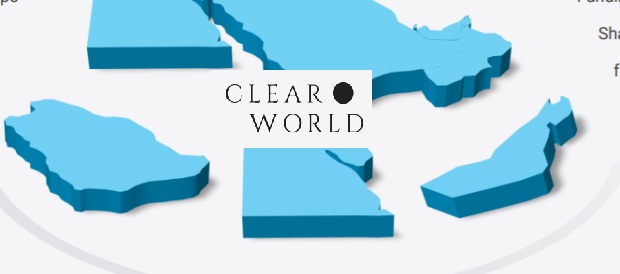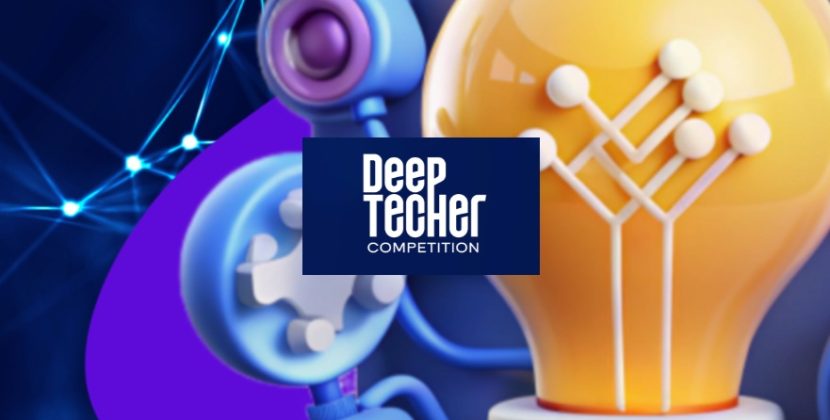
United Kingdom and Saudi Arabian Equivator, a premier alternative investment firm, has made a strategic investment of $8 million in UAE headquartered Related, where the funds will be used to launch AI and Blockchain solutions and expand into the United Kingdom.
As per the press release, the investment underscores Equivator’s commitment to nurturing groundbreaking ventures within high-growth sectors. It is aimed at accelerating Related’s expansion in the Kingdom, boosting innovation, and fast-tracking the launch of transformative solutions in AI, blockchain, and customer experience.
It also strengthens Related’s position as the company of choice for loyalty and rewards in Saudi Arabia and the broader Middle East and North Africa (MENA) region. The alliance aligns with Saudi Arabia’s wider economic diversification goals and its rapid digital transformation under Vision 2030.
Related currently services more than 30 million users across the GCC and Levant, powering loyalty programs for leading institutions in telecommunications, banking, retail, utilities, and entertainment.
“We are thrilled to welcome Equivator as a strategic partner on our journey to redefine loyalty and engagement in the region,” said Rabih Farhat, CEO of Related. “This partnership is more than a transaction; it’s a transformation, a joint mission to reshape the future of fintech-powered loyalty solutions in line with the Kingdom’s innovation agenda.”
The investment builds upon Equivator’s earlier involvement in the loyalty-focused B2C space through its prior investment in Uplines. In a decisive move, Related has acquired Uplines in full, integrating it into its broader strategic framework and setting the stage for a bold relaunch. As part of the development strategy, Related will introduce a range of new products and offerings, from Advanced AI tools to blockchain-enabled rewards platforms, gamification features and payments. These will enhance B2B and B2C experiences while unlocking value for brands and consumers alike.
“This is more than an investment. it’s a strategic deal to build a regional champion in loyalty and digital payments,” stated Enes Şehzade, CEO at Equivator. “Together, we aim to power a new era of data-driven customer engagement and reward invention.”
Equivator will support Related’s market entry into Europe and beyond while helping establish initiatives such as the “Related Loyalty & Fintech Authority”, a new regional knowledge and policy forum further solidifying Related’s leadership.

















